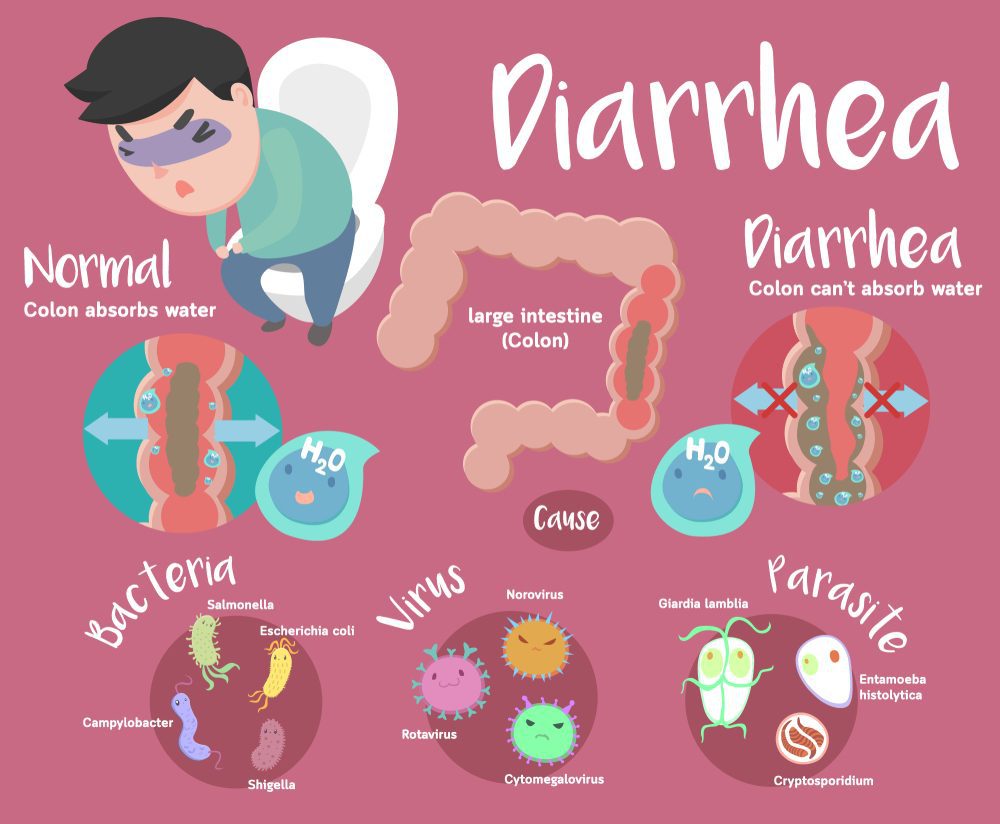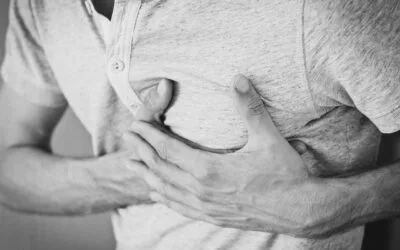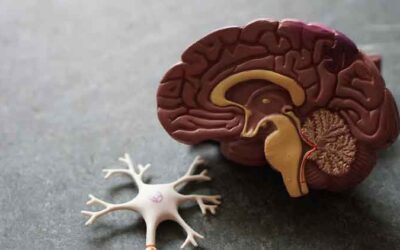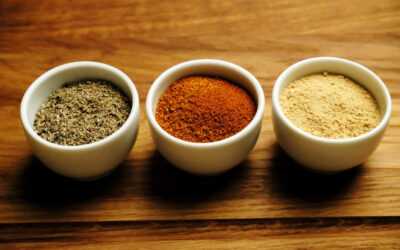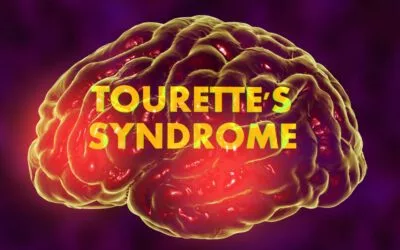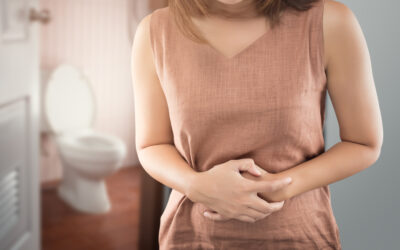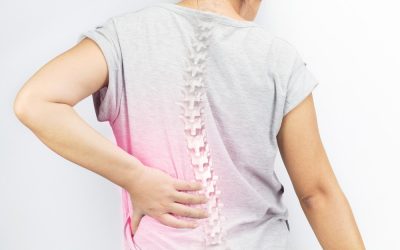The rainy season comes after the summer season. This rain brings a lot of diseases. Out of which one is diarrhea. Several children have died in all over the world due to this disease.
Children as well as adults also complain of diarrhea. It is a disorder associated to the digestive system. In some cases, the patient is also cured. But in other cases, the patient is not able to recover quickly. They have to seek the help of a doctor to get diagnosed with diarrhea. Let’s get detailed information about it.
What is Diarrhea?
Diarrhea is disease in which the patient’s feces become thinner like water. It lasts for two to three or seven days. The patient experiences more pain in the abdomen at the time of excretion. This disease is caused by lack of water and salt. It is more likely to occur mainly in young children and elder people.
Causes.
It caused by different number of reason, such as;
- Due to drinking contaminated water.
- Infection in the stomach is caused by outbreaks.
- Due to viral infection.
- Lack of water in the body.
- Due to weak digestive power.
- This disease can caused by the reaction of medicines.
- This infection is likely to occur in young children due to rotavirus, norovirus and infection.
- An infection called adenovirus can occur to anyone. This disease begins due to this infection.
| Footnote. It can cause due to many reasons like drinking contaminated water, stomach infections, virus infection and many more. |
Symptoms.
It can easily identify through different kind of symptoms, such as;
- To dilute the stool.
- Fever.
- To be prone to frequent feces.
- More pain in the lower abdomen.
- Frequent vomiting.
- Stomach upset.
| Footnote. Symptoms of diarrhea can be easily identified. symptoms like watery stools, stomach upset, frequent stools, pain in lower abdomen etc. However, excess loss of mineral salts leads to coma. Sometimes it goes up to the death of a person. |
Headache and Diarrhea.
Often headaches or migraine headaches occur in diarrhea but as such there is no evidence why it occurs. The link between headache and diarrhea is unclear. A study done on 2014 stated that generalized inflammation may be the possible factor which lead to headache and diarrhea.(1)
What Are The Treatments of Diarrhea?
Mild cases can heal without treatment. It prefer different kind of treatments in cases of persistent diarrhea or chronic diarrhea (long-standing diarrhea), which are as follows;
1. Getting Rid of Dehydration.
In all cases, the first important step in treatment is to re-hydrate. The simple way to relieve dehydration is to increase the amount of fluids intake. In severe cases the fluid is given intravenously. Children and elder people are more vulnerable to dehydration.
Oral Rehydration Solution Salts (ORS) with water contains salt and glucose. This solution is readily available everywhere. Apart from this Zinc supplement can reduce the severity and duration of this disease in children.
2. OTC Antidarial (OTC Antidiarrheal) Drugs.
Loperamide is an anti-motility drug (anti-motility; the drug that overcomes the symptoms of diarrhea), such as imodium.
Bismuth subsalicylate reduces the production of stools with diarrhea in adults and children and it is a safer alternative than loperamide.
Use of Bismuth subsalicylate also helps to prevent “Traveler’s diarrhea” (a non-severe form of diarrhea).
3. Perfect Nutrition.
There are some food and drinks that have proved beneficial for diarrhea, such as;
- Use clean liquids, for example, fruit juice (without sugar), which assist to supply the lost water after excrement with at least one cup of water.
- Avoid to drink water during meals.
Take Potassium-Rich Food and liquids. For example;
Severity can diminish potassium ion absorption, so consumption of the following foods is necessary:
- Fruit Juice.
- Potatoes (without skin).
- Banana.
Use Sodium-Rich Food and liquids, such as;
- Soups.
- Sports Drinks.
- Salty foods.
Eat Soluble Fiber to Bury the Stool, such as;
- Banana.
- Rice without husk.
- Half-ground or coarsely ground grain.
Avoid Certain Food That Can Lead To Diarrhea, like;
- Cream-rich food.
- Fried Food.
- Sweet Food.
- Sugar Free Chewing Gum.
- Mint plant.
- Sweet Cherry.
- Dry plum.
- Caffeine-containing drinks.
- Medications.
Do Not Take A High Amount of Fructose, Which Is Found In Fruit Juices Such As;
- Grape.
- Honey.
- Date tree.
- Dried nuts.
- Fig.
- Soft drinks like Coke and Pepsi.
- Dry plum.
- Dairy Products.
4. Probiotics.
Probiotics are a kind of living bacteria and yeasts, which are good for your health, especially for your digestive system. They are available in capsules, tablets, powders and liquids. However, there is mixed evidence for the role of probiotics in diarrhea.
In children, it has been proved that probiotics can reduce diarrhea disease within a day. It is also effectual to prevent “Traveler’s diarrhea”. Antibiotic-related diarrhea may be control with the use of probiotics.
| Footnote. Treatment is differ depending upon the condition. In primary cases ORS with water is being given to the patient. But in complicated cases you must consult with the doctor and start taking the prescribed diarrhea medicine. |
Home Remedies for Diarrhea.
- Pomegranate peel. Dry pomegranate peel and grind it then consume it with the honey for three to four times.
- Coconut water. Coconut water is very beneficial for addressing the problem of this disease. As it
re-hydrate the body with natural minerals. - Pulse Water. Pulse water is proven very effective for this disease. You must eat maximum pulse water to control it.
- Adequate sleep. Inadequate sleep affects the body in different ways, so you must take adequate sleep for a healthy life.
- Spicy substances. Avoid using mashed substances in the diet. Use green vegetable either.
- Turmeric. It contains anti-bacterial substances that help to fight bacteria. So add one teaspoon of turmeric with milk or buttermilk.
- Apple vinegar. It helps to prevent diarrhea. Because apple vinegar has natural anti-bacterial properties.
- Peppermint tea. Peppermint is beneficial for several stomach disorders such as stomach pain, gas and diarrhea etc. Use peppermint tea 3 to 4 times a day.
Include healthy nutrients in your diet to address the problem of diarrhea. For example, use green vegetables, fruit juices and fruits etc.
| Footnote. Even though there are enough medicines for this disease but few people like to treat through home remedies like eating pomegranate peel, coconut water, turmeric and apple vinegar etc. |
Frequently Asked Questions.
1. Why does diarrhea burn your bottom?
In diarrhea the digestion process gets speed up which lead to improper break down of food. Which means the stomach acid, digestive enzymes and bile are present in diarrhea. Thereby, while passing stool these can damage the tissues of rectum and cause burning sensation on bottom during or after bowel movement.
Bottom Line.
Diarrhea is a disease that can be cured by taking some simple measures from the usual. Maintaining provision for safe drinking water, safe and clean disposal of human waste can significantly reduce the risk of sudden spread of diarrhea.
However, maintaining a proper hygiene also prevent the cause. It can be easily controlled by washing our hands with liquid hand wash before eating. As well as it can be also prevent through a healthy lifestyle.
+6 Sources
Freaktofit has strict sourcing guidelines and relies on peer-reviewed studies, educational research institutes, and medical organizations. We avoid using tertiary references. You can learn more about how we ensure our content is accurate and up-to-date by reading our editorial policy.
- Migraine Associated with Gastrointestinal Disorders: Review of the Literature and Clinical Implications; https://www.ncbi.nlm.nih.gov/pmc/articles/PMC4240046/
- What Is Rotavirus?; https://www.healthline.com/health/rotavirus
- About Norovirus; https://www.cdc.gov/norovirus/about/index.html
- Adenoviruses; https://www.cdc.gov/adenovirus/index.html
- Bismuth Subsalicylate; https://www.webmd.com/drugs/2/drug-3596/bismuth-subsalicylate-oral/details
- Traveler’s diarrhea; https://www.mayoclinic.org/diseases-conditions/travelers/symptoms-causes/syc-20352182

 Workout
Workout
 Meditation
Meditation


 Stories
Stories


 Podcast
Podcast E-book
E-book